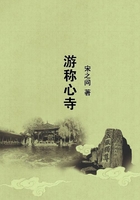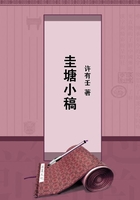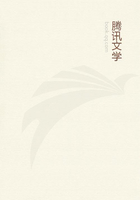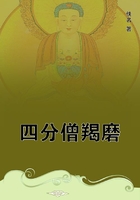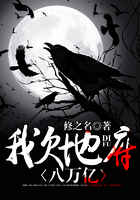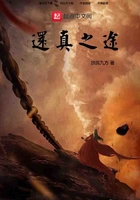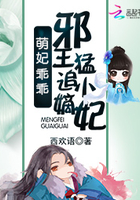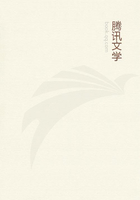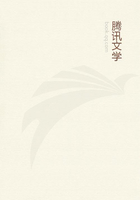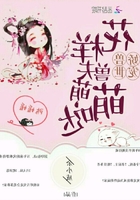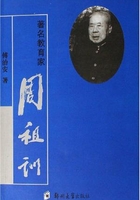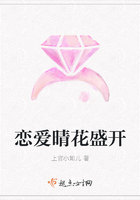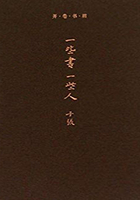Not less than mine became her desire that I should have my way - but, ah, the iron seats in that park of horrible repute, and that bare room at the top of many flights of stairs! While I was away at college she drained all available libraries for books about those who go to London to live by the pen, and they all told the same shuddering tale. London, which she never saw, was to her a monster that licked up country youths as they stepped from the train; there were the garrets in which they sat abject, and the park seats where they passed the night. Those park seats were the monster's glaring eyes to her, and as I go by them now she is nearer to me than when I am in any other part of London. I daresay that when night comes, this Hyde Park which is so gay by day, is haunted by the ghosts of many mothers, who run, wild-eyed, from seat to seat, looking for their sons.
But if we could dodge those dreary seats she longed to see me try my luck, and I sought to exclude them from the picture by drawing maps of London with Hyde Park left out. London was as strange to me as to her, but long before I was shot upon it I knew it by maps, and drew them more accurately than I could draw them now. Many a time she and I took our jaunt together through the map, and were most gleeful, popping into telegraph offices to wire my father and sister that we should not be home till late, winking to my books in lordly shop-windows, lunching at restaurants (and remembering not to call it dinner), saying, 'How do?' to Mr. Alfred Tennyson when we passed him in Regent Street, calling at publishers' offices for cheque, when 'Will you take care of it, or shall I?' I asked gaily, and she would be certain to reply, 'I'm thinking we'd better take it to the bank and get the money,' for she always felt surer of money than of cheques; so to the bank we went ('Two tens, and the rest in gold'), and thence straightway (by cab) to the place where you buy sealskin coats for middling old ladies. But ere the laugh was done the park would come through the map like a blot.
'If you could only be sure of as much as would keep body and soul together,' my mother would say with a sigh.
'With something over, mother, to send to you.'
'You couldna expect that at the start.'
The wench I should have been courting now was journalism, that grisette of literature who has a smile and a hand for all beginners, welcoming them at the threshold, teaching them so much that is worth knowing, introducing them to the other lady whom they have worshipped from afar, showing them even how to woo her, and then bidding them a bright God-speed - he were an ingrate who, having had her joyous companionship, no longer flings her a kiss as they pass. But though she bears no ill-will when she is jilted, you must serve faithfully while you are hers, and you must seek her out and make much of her, and, until you can rely on her good-nature (note this), not a word about the other lady. When at last she took me in I grew so fond of her that I called her by the other's name, and even now I think at times that there was more fun in the little sister, but I began by wooing her with contributions that were all misfits. In an old book I find columns of notes about works projected at this time, nearly all to consist of essays on deeply uninteresting subjects; the lightest was to be a volume on the older satirists, beginning with Skelton and Tom Nash - the half of that manu still lies in a dusty chest - the only story was about Mary Queen of Scots, who was also the subject of many unwritten papers. Queen Mary seems to have been luring me to my undoing ever since I saw Holyrood, and I have a horrid fear that I may write that novel yet. That anything could be written about my native place never struck me. We had read somewhere that a novelist is better equipped than most of his trade if he knows himself and one woman, and my mother said, 'You know yourself, for everybody must know himself' (there never was a woman who knew less about herself than she), and she would add dolefully, 'But I doubt I'm the only woman you know well.'
'Then I must make you my heroine,' I said lightly.
'A gey auld-farrant-like heroine!' she said, and we both laughed at the notion - so little did we read the future.
Thus it is obvious what were my qualifications when I was rashly engaged as a leader-writer (it was my sister who saw the advertisement) on an English provincial paper. At the moment I was as uplifted as the others, for the chance had come at last, with what we all regarded as a prodigious salary, but I was wanted in the beginning of the week, and it suddenly struck me that the leaders were the one thing I had always skipped. Leaders! How were they written? what were they about? My mother was already sitting triumphant among my socks, and I durst not let her see me quaking. I retired to ponder, and presently she came to me with the daily paper. Which were the leaders? she wanted to know, so evidently I could get no help from her. Had she any more newspapers? I asked, and after rummaging, she produced a few with which her boxes had been lined. Others, very dusty, came from beneath carpets, and lastly a sooty bundle was dragged down the chimney. Surrounded by these I sat down, and studied how to become a journalist.

